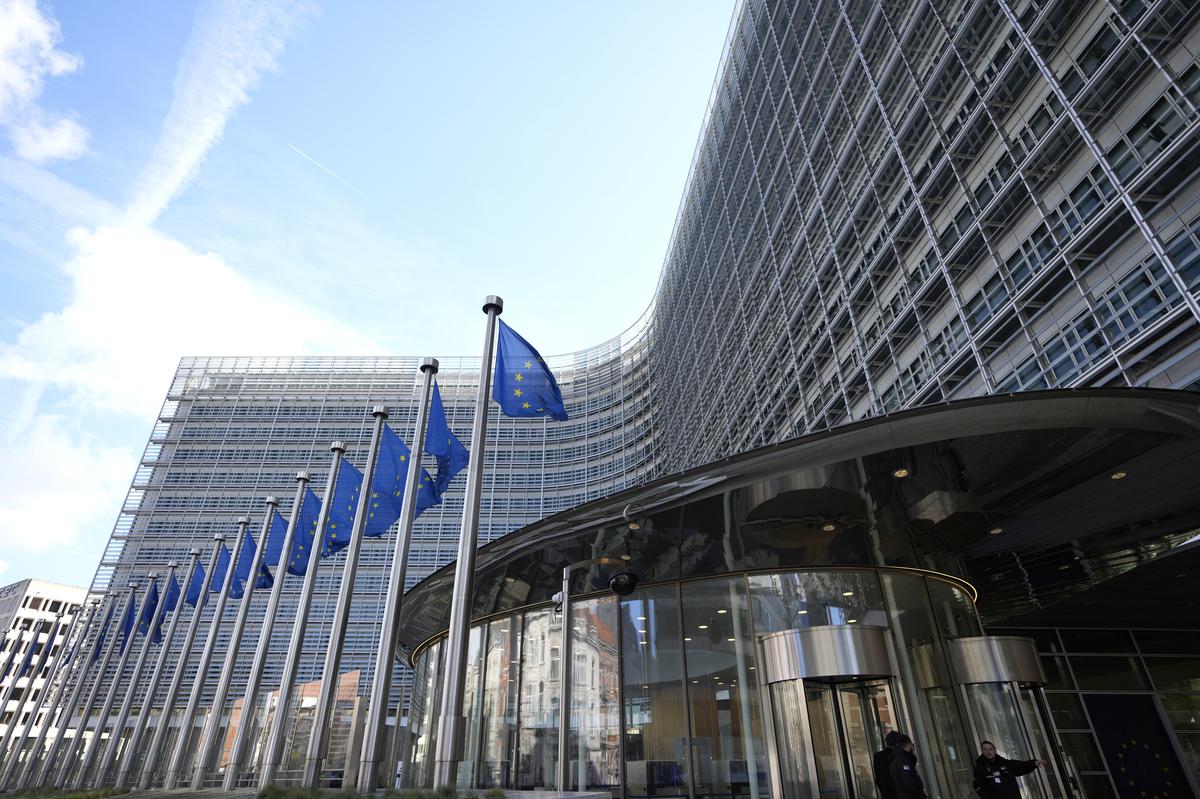The EU, on March 25, launched probes into whether Apple, Alphabet and Meta violated a new law, the Digital Markets Act (DMA), in what is the latest instance of governments trying to exercise greater control over the functioning of big tech companies. The companies could be fined up to 10% of their global revenues and 20% for repeat infringements of the DMA.
The announcement of the investigations comes just over three weeks after the bloc fined Apple more than € 1.84 million (USD 2 million) for anti-competitive behaviour in the market for the distribution of streaming music apps. The U.S. Department of Justice filed a case against Apple last week for allegedly stifling competition and keeping prices high in the smartphone market.
The DMA fully came into effect on March 7 and seeks to regulate large online companies called ‘gatekeepers’, whose products and services are used by some 450 million EU users. The DMA had designated six ‘gatekeepers’ in September last year: Alphabet, Amazon, Apple, ByteDance (owners of TikTok), Meta and Microsoft.
The gist
EU launches five investigations into market practices of Alphabet, Apple and Meta
Probes to examine whether Digital Markets Act violated and could result in fines of up to 10% of firms’ global revenue
Probes look issues around user choice , stifling competition, use of targeted advertising etc.
Investigations likely to conclude in one year.
Two of the five announced investigations were about Alphabet and Apple’s alleged “anti-steering” practices, the EU’s competition commissioner Margrethe Vestager said, as she explained the provisions along with internal market commissioner Thierry Breton at a press conference in Brussels. The Commission will investigate whether these companies are preventing app manufacturers from directly communicating and contracting with end-users and thereby restricting user choice.
The third probe is about whether Apple allows its users enough choice, including in terms of ease of uninstalling apps and changing default settings. Of particular concern was that the web browser choice screen deprived end users of making fully informed choices, Ms Vestager said. Apple also did not make several of its apps, such as ‘Photos’ un-installable and prevents users from changing their default status (e.g. Cloud), as required by the DMA, she added.

The fourth investigation is regarding what Mr Breton called Meta’s “pay or consent” policy – where users have to pay if they want to use Facebook and Instagram without targeted advertising.
“But the DMA is very clear: gatekeepers must obtain users’ consent to use their personal data across different services. And this consent must be free,” he said.
The fifth inquiry is into whether Alphabet (Google’s parent company) is prioritising its own services in Google Search. Mr Breton specifically listed Google Shopping, Google Flights, and Google Hotels, possibly benefitting from preferential treatment.
The investigation is scheduled to be completed within 12 months.
Apple said it was “ confident “ its plan complied with the DMA.
“Teams across Apple have created a wide range of new developer capabilities, features, and tools to comply with the regulation,” an Apple spokesperson told The Hindu via email.
month
Please support quality journalism.
Please support quality journalism.

